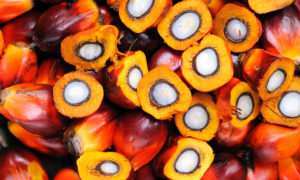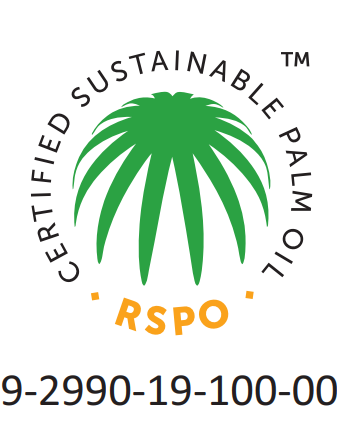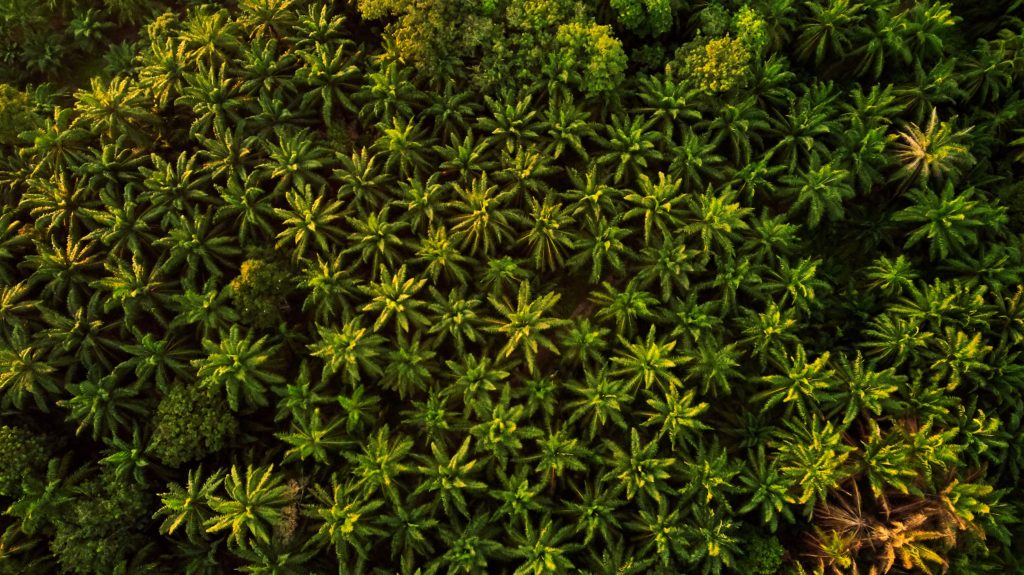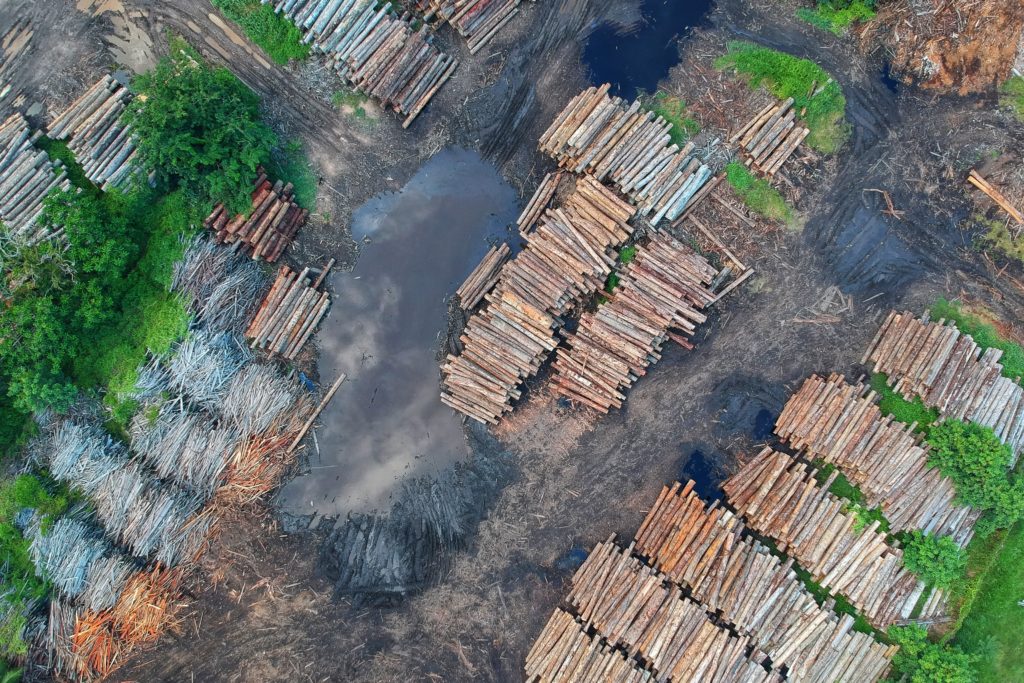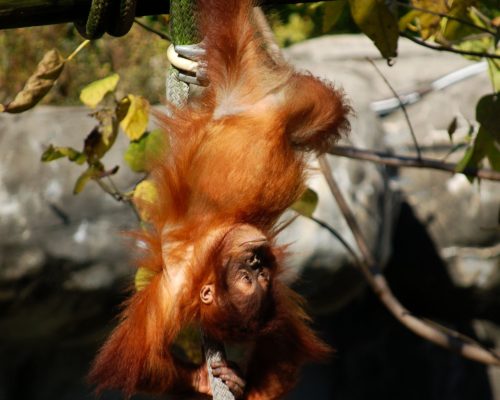“World’s First Certified Sustainable Palm Oil Catering Company”
In 2018, we were asked how we were going to support the use of sustainable Palm Oil through school catering. Rather than just promote the use of sustainable Palm Oil, we elected to reassess our whole supply chain model and challenge ourselves to become certified by the Roundtable on Sustainable Palm Oil (RSPO) as the World’s First Certified Sustainable Palm Oil Catering Company.
We enrolled in the Sustainable Palm Oil City Project in Chester with a view to ensuring that any palm oil present in the food served in our school kitchens was only sought from certified sustainable sources.
This was the beginning of our Sustainable Palm Oil Journey…



